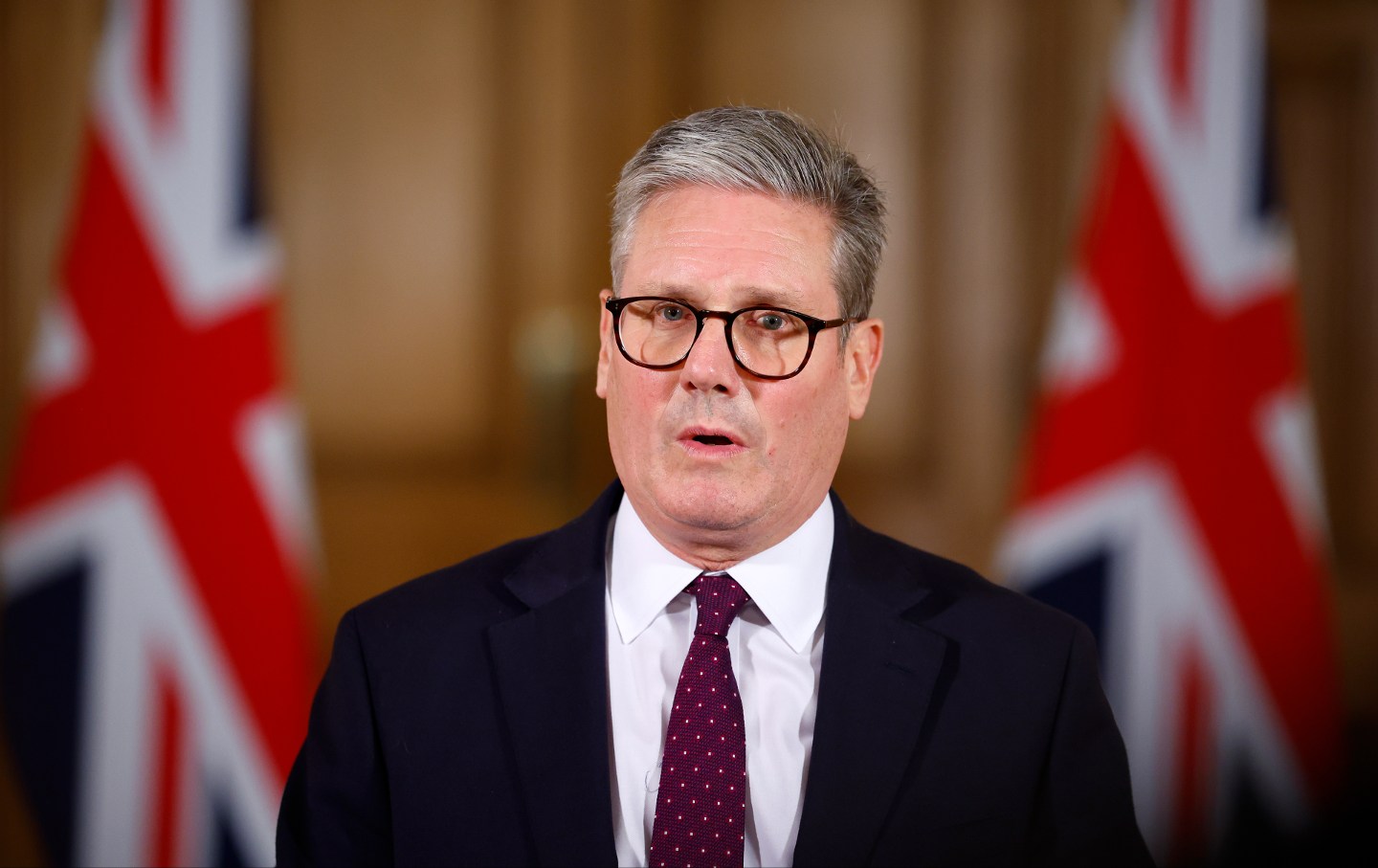Czech police have arrested darknet founder Tomas Jirikovsky in connection with a $45 million Bitcoin donation that forced the resignation of former Justice Minister Pavel Blazek earlier this year. The high-profile case has intensified scrutiny over political corruption and the lingering influence of darknet-linked fortunes in the country.
Chief State Prosecutor Radim Dragoun confirmed police action on Thursday, noting that authorities were “securing people and things.” He added, “This is a criminal case that was recently separated by the police authority for independent proceedings from joint proceedings.”
While the official statement did not identify Jirikovsky by name, local media widely reported that the darknet founder was detained following a dramatic rooftop escape attempt.
Rooftop drama as darknet founder resists arrest
According to local outlet Deník N, Jirikovsky tried to evade arrest by climbing onto the roof of his home during the late-night police raid. Neighbors alerted his ex-wife, who confirmed the incident, before police ultimately apprehended him.
The darknet founder, a Czech programmer, gained notoriety as the architect of Sheep Marketplace, an online platform launched in 2013 that facilitated drug sales, weapons trafficking, and counterfeit goods. His arrest marks the latest chapter in a saga that has haunted Czech law enforcement for more than a decade.
From Sheep Marketplace to political scandal
Jirikovsky first drew attention in 2013 when Sheep Marketplace abruptly shut down amid the fallout of Silk Road’s closure. Investigators say he siphoned off at least 1,500 BTC, worth millions today, from buyers and sellers. In 2017, he was sentenced to nine years in prison for embezzlement, drug trafficking, and illegal arms possession, but he was released on parole in 2021 after serving half his sentence.
Despite his conviction, authorities never recovered Jirikovsky’s Bitcoin fortune. Seznam Zprávy estimates he initially generated 680 BTC from the darknet marketplace and later stole an additional 841 BTC from platform users.
The darknet founder’s hidden holdings became central to renewed controversy this year when investigators linked a massive Bitcoin donation to Blazek.
Bitcoin donation triggers minister’s downfall
In May, Czech Justice Minister Pavel Blazek resigned after revelations that he had accepted a Bitcoin donation from a convicted criminal. Investigators later identified the donor as Jirikovsky, who allegedly transferred 468 BTC—worth about $45 million at the time—in an attempt to avoid a new prison sentence.
The donation was linked to Nucleus, another darknet marketplace reportedly tied to Jirikovsky. Blockchain data showed a $77.5 million transaction from a Nucleus wallet in March 2025, the platform’s first movement of funds in nine years. This connection raised fresh alarms over how darknet founder operations continue to shape both criminal and political landscapes.
“Subsidizing crypto mining risks distorting energy markets,” — IMF spokesperson, in a statement to Independent Urdu.
Crypto experts: Bitcoin trail exposes illicit finance
The case has underscored how Bitcoin’s transparency on the blockchain undermines attempts by criminals to move illicit funds undetected.
“While regular folks have good privacy options, if you’re a criminal or a government, Bitcoin isn’t great for moving money quietly,” said Lucien Bourdon, a Bitcoin analyst at Prague-based hardware wallet company Trezor, in comments to Cointelegraph. “Large transfers can be traced forever. Imagine if every fiat transaction involving governments was just as visible. That’s the kind of accountability we should strive for.”
For Czech authorities, the arrest of the darknet founder represents both a legal breakthrough and a reminder of the lasting challenges posed by early crypto-era crime. The investigation continues as prosecutors work to determine the full scope of Jirikovsky’s holdings and their impact on the country’s political integrity.
Ongoing investigation and political fallout
The scandal has fueled debates over cryptocurrency’s role in political financing and the vulnerabilities of public officials to covert donations. Lawmakers are now under pressure to tighten rules around digital asset disclosures to prevent similar incidents.
“The fact that a darknet founder could influence high-level politics with untraceable digital money is a wake-up call,” said a Czech political analyst quoted by Seznam Zprávy. “This case is not just about one man—it’s about systemic gaps in governance.”
As the case unfolds, the darknet founder’s arrest is likely to remain a flashpoint in both Czech politics and international debates about cryptocurrency regulation.











